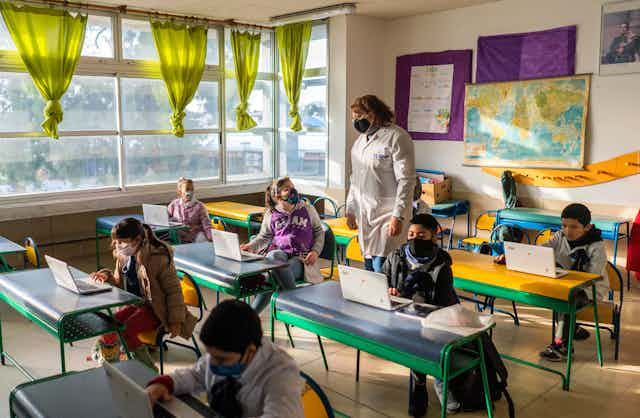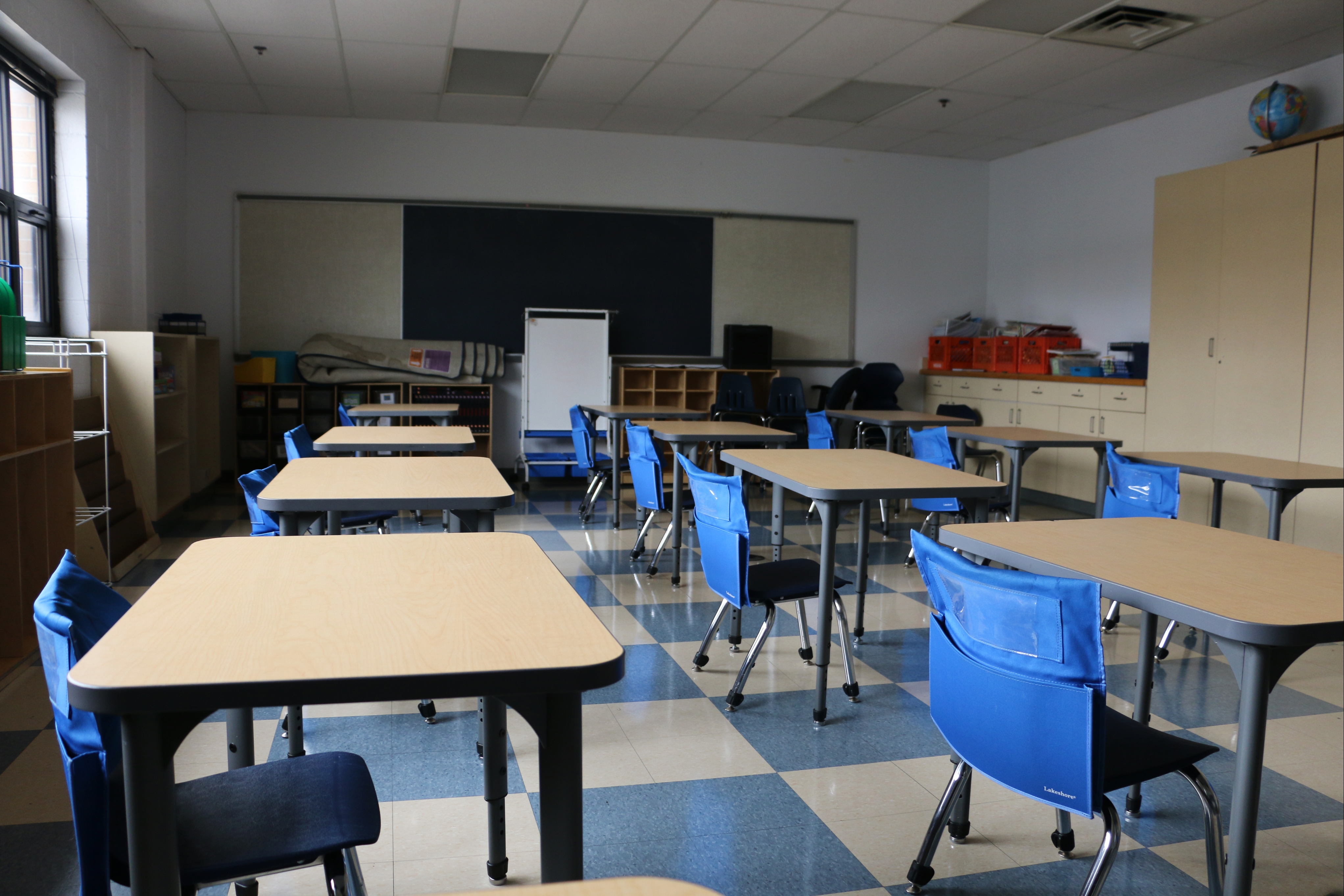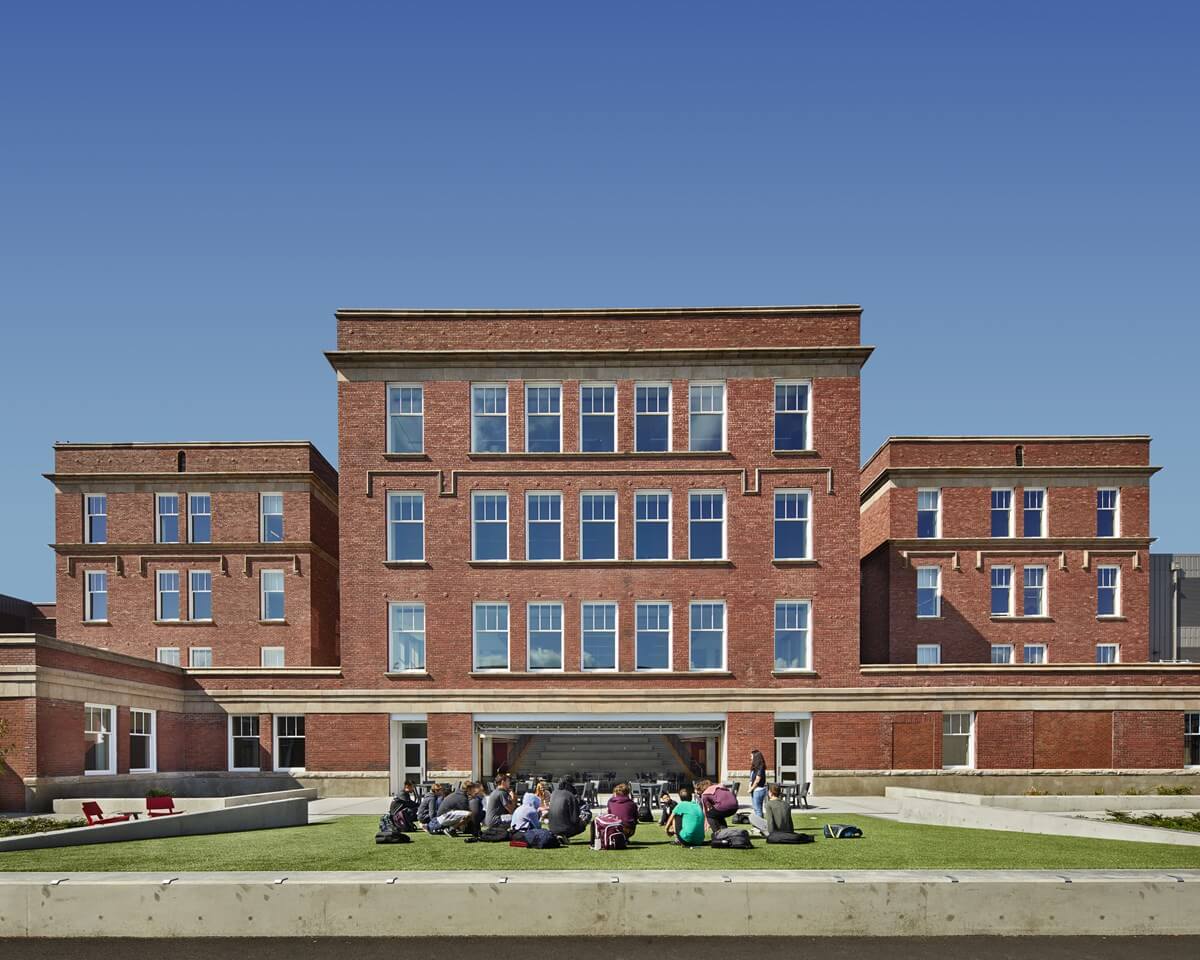The Role of Moms And Dads and Teachers in the Initiative to Save Temecula Schools
The Role of Moms And Dads and Teachers in the Initiative to Save Temecula Schools
Blog Article
Recognizing the Significance of Schools in Kid Advancement and Area Growth
Schools work as crucial establishments for youngster development and area growth, giving settings where scholastic achievements are complemented by the growing of social abilities and exposure to varied perspectives. These educational setups not only advertise essential reasoning and reliable interaction but additionally foster empathy with joint jobs. Additionally, institutions' engagement with neighborhood communities with service-learning efforts strengthens the bond in between family members and schools. This cooperative relationship underscores the relevance of colleges in nurturing energetic citizenship and lifelong discovering practices. What are the specific systems by which these establishments achieve such profound effects?
Academic Accomplishment
Academic achievement offers as a cornerstone of child development, providing the structure upon which future understanding and success are built. Schools play a critical role in promoting this scholastic development, offering organized settings where youngsters can get vital understanding and cognitive abilities. Standardized curricula make certain that pupils gain efficiency in core subjects such as mathematics, science, and language arts, which are crucial for both college and expert chances.
In addition to presenting essential scholastic abilities, colleges likewise grow vital thinking, analytical abilities, and intellectual curiosity. These cognitive competencies are essential for browsing intricate real-world scenarios and adapting to the ever-evolving demands of the modern work environment. Educators, as facilitators of knowing, use diverse instructional methods to provide to varied knowing styles, thus optimizing individual trainee potential.
In addition, scholastic success is carefully connected to self-esteem and motivation. Youngsters that experience academic achievements are much more most likely to create a favorable self-concept and a lifelong passion for knowing. Schools additionally offer different sources, such as collections and innovation, which further boost the academic experience and prepare trainees for a highly sophisticated society.
Social Ability Growth
Beyond scholastic accomplishment, the role of institutions in social ability development is indispensable. Schools function as a main venue for kids to find out and practice vital social abilities such as interaction, collaboration, and dispute resolution. In the organized environment of a class, students connect with peers, educators, and other school staff, providing many chances to create these critical capabilities.
Reliable social skill growth in colleges is helped with through team tasks, collaborative projects, and extracurricular programs. These interactions help trainees comprehend social standards, build compassion, and cultivate a feeling of community. Group tasks educate trainees exactly how to work with each other in the direction of an usual goal, listen to various perspectives, and browse disagreements constructively.

The farming of social skills during academic year lays a structure for future personal and specialist partnerships. Save Temecula Schools. As students mature, the capability to effectively communicate and work together comes to be progressively crucial, emphasizing the college's important role in alternative child advancement
Direct Exposure to Diversity
Exposure to diversity in institutions is fundamental to cultivating an inclusive frame of mind and widening trainees' viewpoints. Schools function as a microcosm of the wider culture, and experiencing diverse societies, languages, and socioeconomic backgrounds within this setting gears up trainees with important abilities for browsing a progressively globalized world. This exposure urges empathy, lowers bias, and advertises common respect amongst peers.
Diverse class additionally improve cognitive and social growth. Research study shows that students who engage with peers from diverse backgrounds display additional info better analytical skills and creative thinking. They discover to appreciate various perspectives, which enhances classroom discussions and promotes a more dynamic knowing experience. This understanding of variety prepares pupils for future work environments that value multicultural skills.

Community Involvement
The advantages of varied classrooms prolong beyond the college wall surfaces, promoting a solid sense of area involvement amongst pupils. By communicating with peers from different social, socioeconomic, and ethnic backgrounds, pupils acquire a wider perspective and an appreciation for variety. This exposure encourages them to become active residents who agree to add positively to their neighborhoods.
Colleges that highlight neighborhood involvement often incorporate service-learning projects, which enable trainees to attend to real-world troubles while using academic abilities. These jobs not just improve trainees' understanding of their coursework yet likewise infuse a feeling of obligation and empathy. Additionally, partnerships between institutions and regional companies give trainees with possibilities to take part in neighborhood occasions, better strengthening their duty as positive community participants.
Furthermore, parental and community involvement in institutions strengthens the bond between universities and the communities they serve. When schools open their doors to neighborhood events, workshops, and volunteer opportunities, they create a joint atmosphere that profits all stakeholders. This mutual support group guarantees that pupils get all natural development, preparing them to come to be well-shaped individuals that add and value to their communities. Via these efforts, schools play a crucial function in supporting community interaction and promoting societal growth.
Lifelong Understanding Behaviors
Creating long-lasting learning practices is necessary for a child's continuous development and flexibility in an ever-changing world. Institutions play a critical role in instilling these behaviors by producing an atmosphere that fosters interest, essential thinking, and a love for expertise. Via extracurricular activities and varied curricula, educators motivate pupils to discover various subjects, analyze information seriously, and use their discovering to real-world circumstances.

Moreover, schools offer an organized environment where youngsters can establish self-discipline and time monitoring abilities, both of which are important for continuous knowing. By stressing the importance of establishing objectives, assessing progress, and adapting techniques, universities prepare pupils to navigate the complexities of adult life, ensuring they remain long-lasting students and contributors to society.
Final Thought
In verdict, colleges are crucial in fostering youngster growth and neighborhood growth by providing settings conducive to academic success, social ability advancement, and check here direct exposure to diversity. Eventually, schools cultivate long-lasting discovering practices, equipping individuals with the necessary my link knowledge and skills to add favorably to culture.
In the structured setting of a class, trainees engage with peers, educators, and various other institution team, offering various opportunities to develop these vital capacities.
In significance, exposure to diversity within schools not only enriches individual pupils but likewise strengthens the social textile of the community as a whole.
The advantages of diverse classrooms extend beyond the institution walls, cultivating a solid feeling of neighborhood engagement amongst pupils.Colleges that stress community interaction frequently include service-learning jobs, which permit trainees to address real-world troubles while using academic abilities. Collaborations in between schools and local organizations give pupils with chances to participate in area events, even more strengthening their role as aggressive community participants.
Report this page